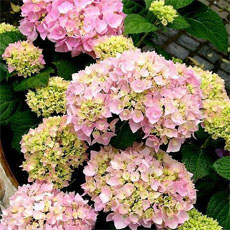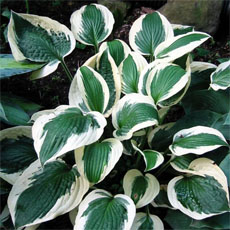Gulf Fritillary
Agraulis vanillae
This bug has been reportedly found in the following regions:
Atmore, Alabama
Gulf Shores, Alabama
Mobile, Alabama(2 reports)
Tuscaloosa, Alabama
Valley Head, Alabama
Glendale, Arizona
Mesa, Arizona(2 reports)
Queen Creek, Arizona
Tucson, Arizona(2 reports)
Barling, Arkansas
Marion, Arkansas
Brea, California
Burbank, California
Canoga Park, California
Highgrove, California
Huntington Beach, California
Livermore, California
Reseda, California
San Diego, California(2 reports)
San Francisco, California
San Jose, California
Simi Valley, California
Stockton, California
Altamonte Springs, Florida
Big Pine Key, Florida
Boca Raton, Florida
Brooksville, Florida(4 reports)
Cape Coral, Florida
Daytona Beach, Florida
Dunedin, Florida
Fernandina Beach, Florida
Fort Lauderdale, Florida(2 reports)
Fountain, Florida
Holiday, Florida
Jacksonville, Florida(2 reports)
Lady Lake, Florida
Largo, Florida
Lutz, Florida(2 reports)
Marianna, Florida
Mayo, Florida
Melbourne Beach, Florida
Miami, Florida(3 reports)
Micanopy, Florida
North Port, Florida
Oldsmar, Florida
Orlando, Florida
Palm Bay, Florida
Palm Harbor, Florida
Panama City, Florida
Pensacola, Florida
Pompano Beach, Florida(2 reports)
Port Saint Lucie, Florida
Rockledge, Florida
Sebastian, Florida
Tallahassee, Florida
Tampa, Florida
Tarpon Springs, Florida
Winter Haven, Florida
Winter Springs, Florida
Dacula, Georgia
Douglasville, Georgia
Duluth, Georgia
Peachtree City, Georgia
Rincon, Georgia
Tifton, Georgia
Hauula, Hawaii
Benton, Kentucky
Covington, Louisiana
Denham Springs, Louisiana(2 reports)
Hammond, Louisiana
La Place, Louisiana
Metairie, Louisiana
Thibodaux, Louisiana
Florence, Mississippi
Golden, Mississippi
Belmont, North Carolina
Charlotte, North Carolina
Concord, North Carolina
Kure Beach, North Carolina
Raleigh, North Carolina
Wilmington, North Carolina
Edmond, Oklahoma
Bluffton, South Carolina
Hilton Head Island, South Carolina
Inman, South Carolina
Lexington, South Carolina
Summerville, South Carolina
Abilene, Texas
Arlington, Texas(2 reports)
Austin, Texas
Beaumont, Texas
Bryan, Texas
Burleson, Texas
Carrollton, Texas
Conroe, Texas
Emory, Texas
Floresville, Texas
Fort Worth, Texas
Garland, Texas(2 reports)
Grapevine, Texas
Harker Heights, Texas
Houston, Texas(4 reports)
Huffman, Texas
Irving, Texas
Katy, Texas
Keller, Texas
Kountze, Texas
Longview, Texas
Los Fresnos, Texas
Lufkin, Texas
Missouri City, Texas
Montgomery, Texas
New Caney, Texas
Portland, Texas
San Angelo, Texas
San Antonio, Texas(4 reports)
Sonora, Texas
Spring, Texas(2 reports)
Temple, Texas
show allFeatured Videos
TEDSPASSION
wik
BBingBBong
By the end of Fall, the caterpillars had entirely eaten every single leaf on the vine, and then began eating the skin of the vines, still with dozens of young 'pillars, many of which unfortunately starved and never made it to their butterfly stage.
That might sound like a horror story to some gardeners, but... read more





















































